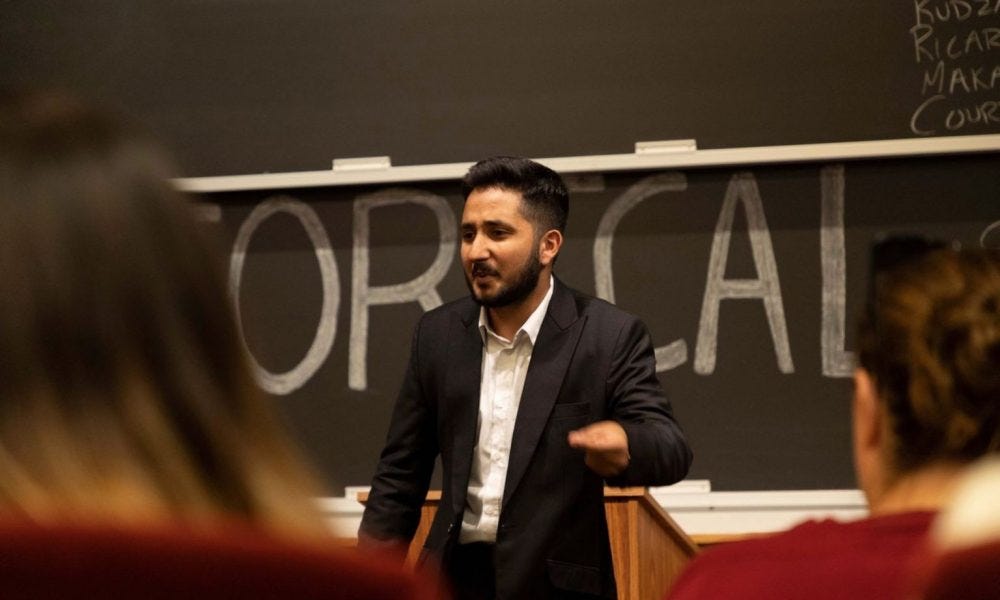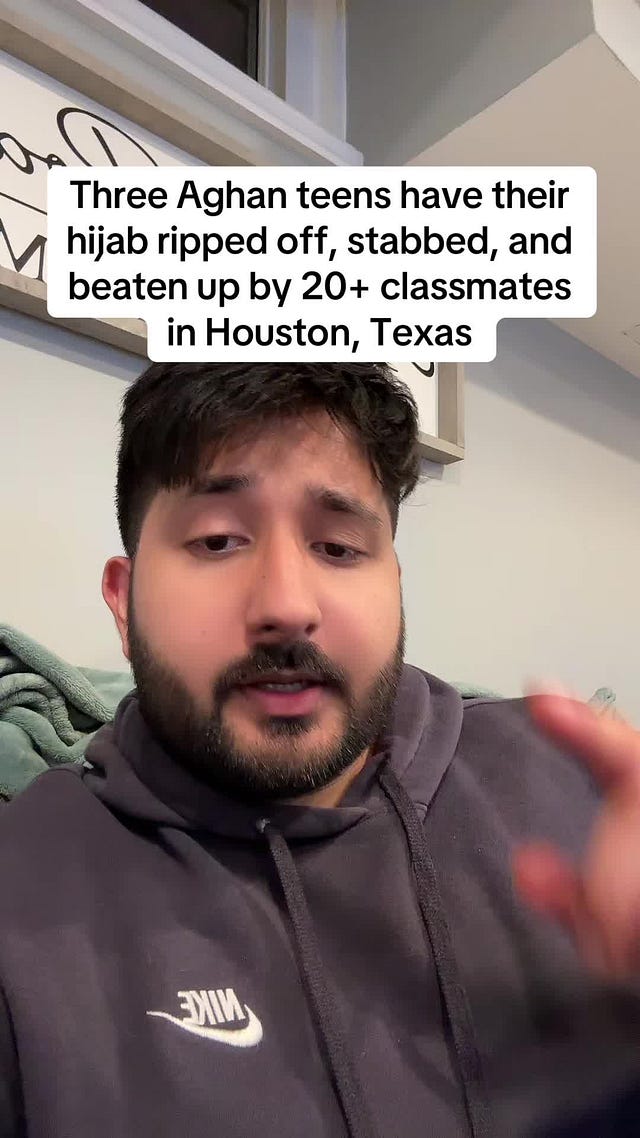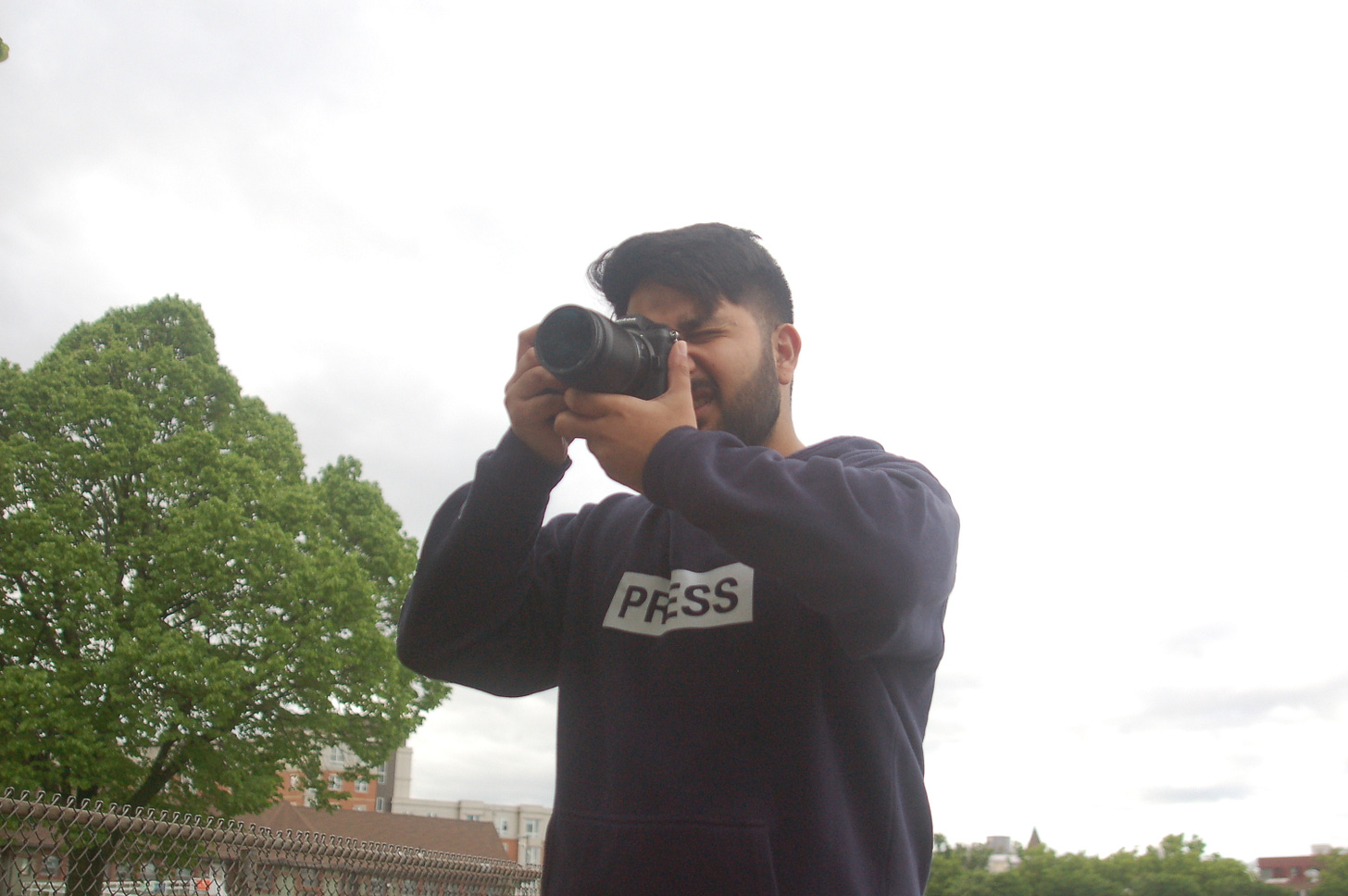The story of TUT
Reflecting on TUT's history from our founder
Dear readers,
This is Rahim Jessani—founder and editor-in-chief of The Unfortunate Truth. Our newsletter this week will be a bit different because it’s a special day for me—it’s my birthday.
Now, if you had asked the younger version of me, I would’ve considered this day a national holiday—one I’d never work on. But as I get older and my responsibilities grow, this day has become less about celebration and more about reflection. So, I figured it’s a good chance for you to get to know me, and some of our past work.

I started this news outlet as a college student after I didn’t make the cut to join my college newspaper at Boston College. At the same time, I began noticing growing problems across my school and city that needed to be addressed, including how our school officials mistreated the LGBTQ+ community, or how the city of Newton failed to support its essential workers in times of need during the COVID-19 pandemic.
Back then, we were strong and could cover these stories from the ground. We had a team of student journalists with unique perspectives and powerful storytelling instincts. Thanks to school grants, we had enough funding to support our work and pay some of our writers. Although the COVID-19 pandemic limited our impact on the ground in our early years, I’m proud to say our audience eventually became larger than the college newspaper that wouldn’t let us in.
But today—TUT is different.
We lost our school funding. We have very few reporters now, besides a few freelance journalists who help us out with the grace of their hearts. The operation largely consists of me—using our social media platforms to tell stories and speak to people across the country about national and local issues.
(A video story about gender inequality in sports from March 2022)
And yet, I’m finding beauty in this difference.
This kind of storytelling is not the same as when I was a college reporter. But it’s just as powerful—maybe even more so.
Just recently, we shared the story of an alleged hate crime in Houston, Texas—where three girls wearing hijabs were beaten, had their scarves ripped off, and were taken to the hospital. A story that didn’t make the national headlines—but it reached hearts on TikTok, garnering nearly one million views. Even more powerful is that their lawyer messaged us to say that our coverage helped raise nearly $100,000 to support the girls in their recovery.

 Tiktok failed to load.
Tiktok failed to load.Enable 3rd party cookies or use another browser
That’s not something I ever expected. But it shows the impact we can have. It shows the need for this kind of storytelling, especially at a time when national media seems consumed by whatever is happening in Washington, while local realities get left behind.
And that is what we’ve always done—share stories of the most vulnerable communities and be there with them.
One of our most loyal audience members once told me, “You’re like my friendly neighborhood journalist.” That meant the world because that was always the goal for me. I never wanted to just report stories.
I want to make an impact. I want to change the game.
I want to rebuild the journalism industry that, as I grew up, had failed people who looked like me, and bring in younger perspectives and voices often drowned out. Despite significant changes in the industry, it’s rare to see people who embody my struggle make it to positions of leadership in journalism. That’s something I’m still trying to combat, along with reshaping the way we tell stories.
Even leaders in journalism—people I admire—have sometimes called my work “crazy,” or “not real journalism.”
But honestly, reader, I don’t know what journalism is anymore. Not during a time when every random TikToker, YouTuber, or right-wing pundit claims to be a reliable source of information.
But I don’t think they get to define it.
I think you do.
Local stories define it.
Communities define it.
In this new age of media—and now AI—we have to take storytelling into our own hands. For those without a platform. For those without power. For those who deserve to be heard.
I hope you will continue to join me on this journey of truth, impact, and belief.
With love,
Your friendly neighborhood journalist,
Rahim



I love this.